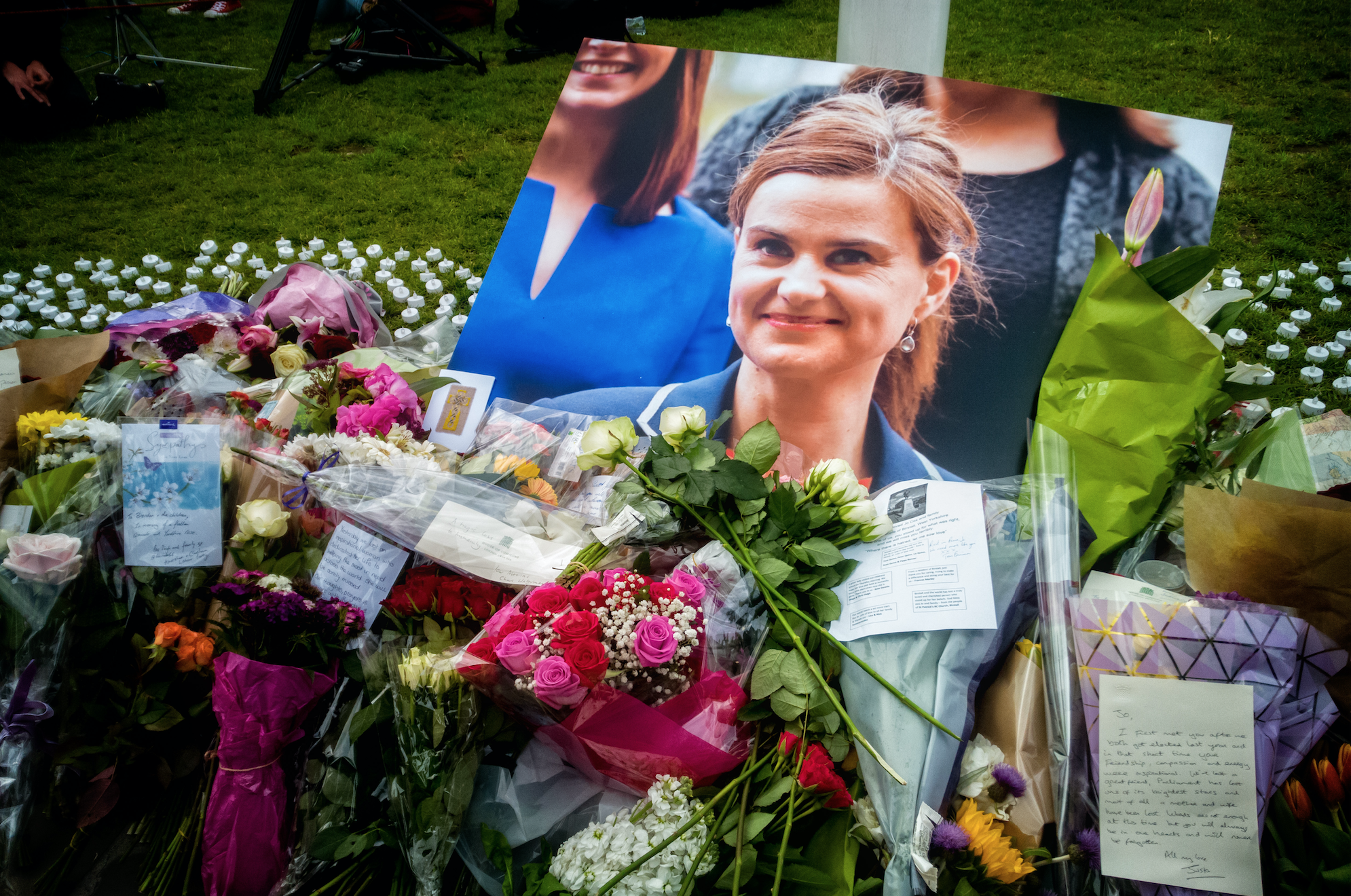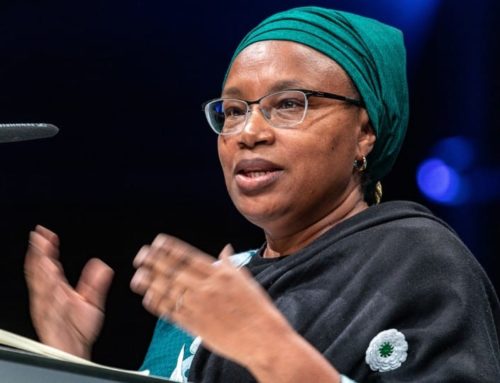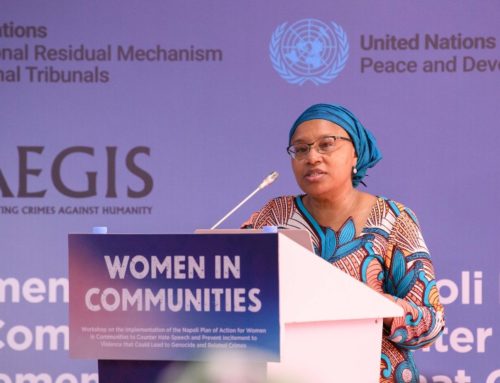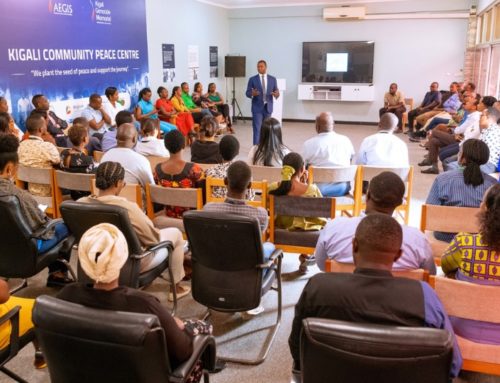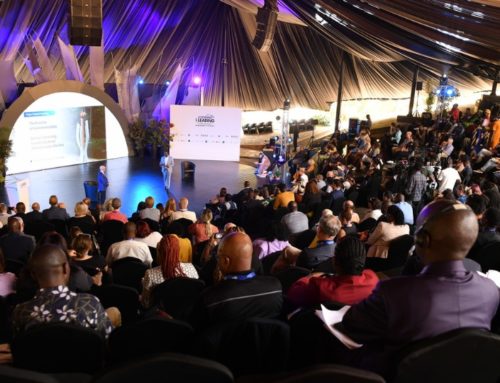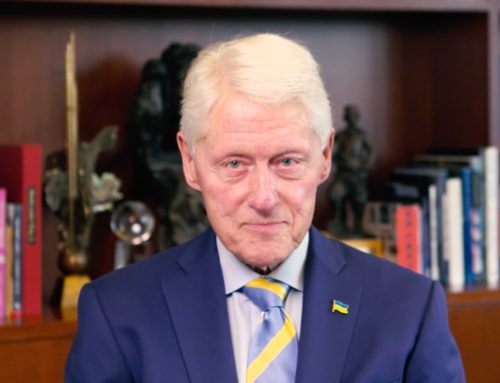Aegis Chief Executive Dr James Smith reflects on the murder of Jo Cox MP and EU referendum campaign through the lens of the recent acts of massive violence.
Yesterday would have been Jo Cox’s 42nd birthday. What should have been a family celebration was instead an occasion of national grief: a moment in which many again asked themselves why this happened.
Matthew Parris wrote a thoughtful article following Jo Cox’s brutal murder by Thomas Mair who, when charged in court, gave his name as “death to traitors, freedom for Britain”.
Wise caution by Parris against laying blame with the Leave campaign for inciting the fatal attack must be met with equal care not to absolve those behind relentless scaremongering from bearing responsibility when violence happens. Such concern goes far beyond the EU referendum.
Parris urges us to resist looking for patterns where there are none, in the event in which a deranged individual murdered the MP for Batley and Spen. His conciliatory message should not however lead us to conclude that ‘disturbed minds’ are unaffected by the environment around them.
There is a well-documented pattern, which happens the World over. It goes something like this…. Unleash fear about a group. People are murdered. The defence? ‘Sticks and stones broke the bones; words didn’t drive them to kill’.
Parris counseled against it, but allow me to point out a general lesson, not specific to Thomas Mair: history and evidence show that words can kill. Politicians, clerics and media who stoke fear, whether of immigrants, Muslims, gays, Jews or the West, may not directly cause violence; but they do legitimize it, in some minds.
While the ‘Breaking Point’ poster of UKIP could have been produced by the propaganda ministry of a regime brewing up an atrocity, establishing direct causation between political language, media and acts of violence is not easy. The Nuremberg Trials did not connect the editor of the Nazi newspaper Der Sturmer to specific violence, but the judgment described how his ‘poison’ was ‘injected into the minds of thousands of Germans’ leading them to support the National Socialist policy of Jewish persecution and extermination.
At the so-called Media Trial of the 1994 genocide against the Tutsi in Rwanda, the International Tribunal failed to prove that a hate magazine called Kangura (which halted production just before the genocide) had itself provoked genocide, but it was judged to have encouraged a climate of violence and hatred. Its editor, Hassan Ngeze, was convicted for incitement to genocide.
I understand you may be questioning this sensational leap from British political discourse to crimes of such vast proportions, so let me explain.
Last week a journalist serving a life sentence for her role in the genocide spoke with my colleagues in the Genocide Archive of Rwanda. Valerie Bemeriki has confessed to orchestrating murder via radio, by broadcasting information about where Tutsi families were hiding or traveling, so that they could be found and killed. Now 61 years old, she has been reflecting in prison on how a bright young woman such as herself became a notorious killer by the age of 39. Her conclusion should give us all pause for thought.
Urging us not to blame her radicalization on Hutu extremists who planned and executed the genocide, Valerie describes a longer path to mass murder. During her childhood she recalls regular negative comments about Tutsis, most notably from her parents, reinforced at school. The innuendos, half truths and lies built up over time. The Tutsi did not rightfully belong in Rwanda, she heard; they would take over Hutu businesses; their women would seduce Hutu men; and, worst of all, they were a security threat – those outside worked with those inside Rwanda to conspire against the country.
Dormant fear evolved quietly until it was triggered – when the predominantly Tutsi Rwandan Patriotic Front invaded Rwanda in 1990. This was her breaking point. Confirming all she now believed, her ideology hatched. Valerie made a decision to wage war, not against the Rwandan rebel army, but against all the people she considered a threat to her own people. Over the next four years, her name could have been ‘death to traitors, freedom for Rwanda’. By 1994 she willingly coordinated the murder of hundreds of men, women and children who, having being born Tutsi, were hiding or fleeing for their lives.
Valerie Bemeriki’s remorseful analysis provides a warning for a world in which primal blame and fear grows daily. Whatever the state of mind of Jo Cox’ attacker, the wider lesson is not about mental health. A disturbed mind may be more vulnerable, but everyone has a breaking point, and it is these breaking points that should concern us most.
Today Rwanda actively protects against such radicalization through education that encourages critical thinking, empathy, trust and values of personal responsibility. In the UK we have no such peace education. If negative stories about immigrants and Muslims continue to be pushed as they are at present, the build-up of fear and anger will lower the breaking-point threshold when a trigger inevitably occurs, and in consequence a massive terrorist attack may give birth to more British-born killers.
All this is not intended to discredit valid concerns. The management of immigration is a challenge for British people, but voting to leave the EU will not solve it – as Jo Cox herself wrote just days before her murder. Aside from economic migration, some 60 million people around the world have been driven out of their homes and have no place of safety. Few of them are in the EU.
Building a Brexit fortress, hoping these immense problems will go away is misguided and reckless. It will not stop despairing people seeking life. Nor will it make the world any safer for our children.
It is in Britain’s self-interest to play a leading role in addressing the root causes that lead to massive population displacement, along with inter-related and urgent global issues such as the environment and terrorism. We cannot do it alone. Cooperation, not isolation, is required.
Negotiating with nations disinclined to talk to us about new trade treaties or protecting our borders is futile, when our Government should focus energy on these urgent domestic and international matters.
Britain can make a valuable contribution to solving problems abroad instead of making them at home. In days ahead, to echo Brendan Cox in his first interview since his wife was murdered, we must not play to our worst fears, but to our best instincts.

